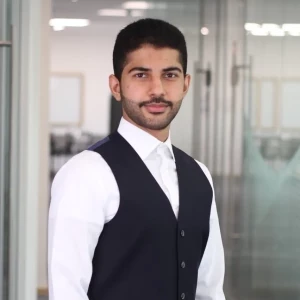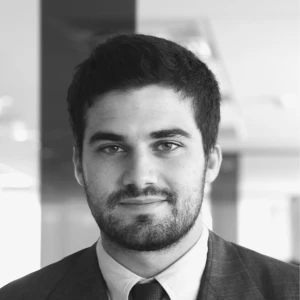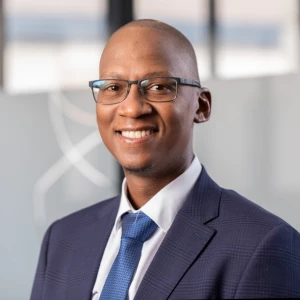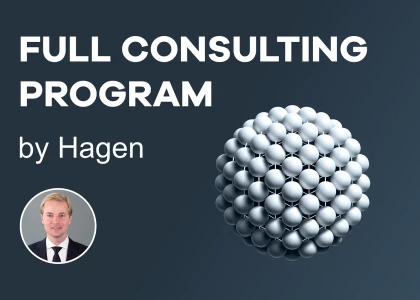Hi Everyone,
Hope you are all doing well.
So, I am currently in the process of interviewing at McKinsey, presumably in the final round of interviews (as I am alittle bit confused about my standing on that one, but I have already went through 3 Case + PEI interviews). I feel like I did great in the PEI part, I asked for and received a feedback on the case that they think I need more practice, as I have everything in mind, but just take time to get it out, and they mentioned that in regards of my quantitative approach.
More context would be that we took 10 extra minutes than the 1 hour allocated for the interview, and that the recruitment mentioned that if I was successful in that one, I will be invited to the final interview in the process.
My question would be how negative is a feedback on the time taken? And how to further develop this area? And what are the implications of taking 10 extra minutes? What to expect? Is it possible to recover from that?
Thanks in advance.

















